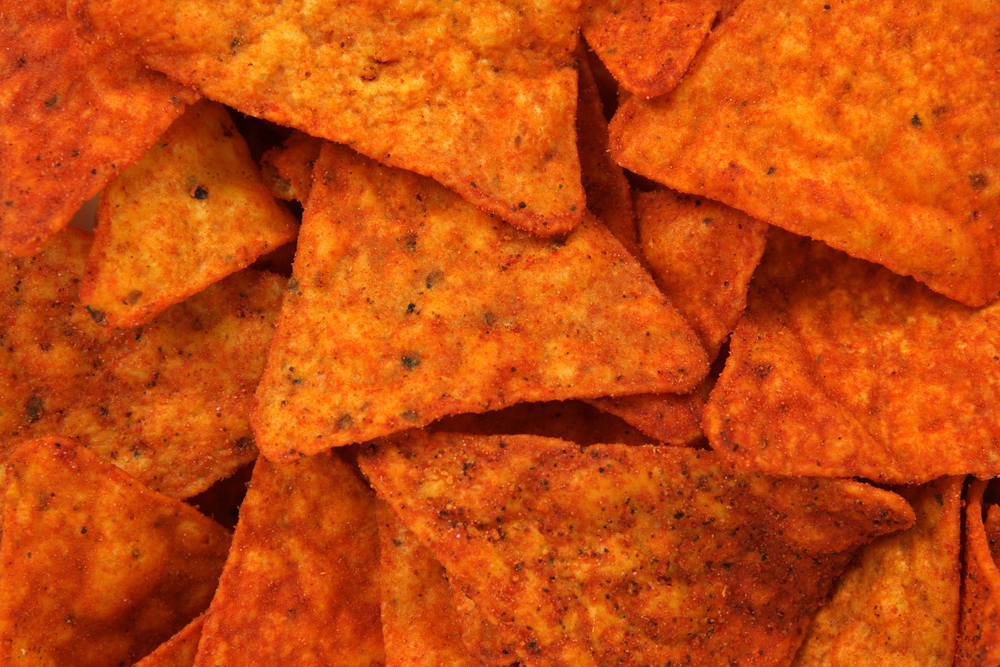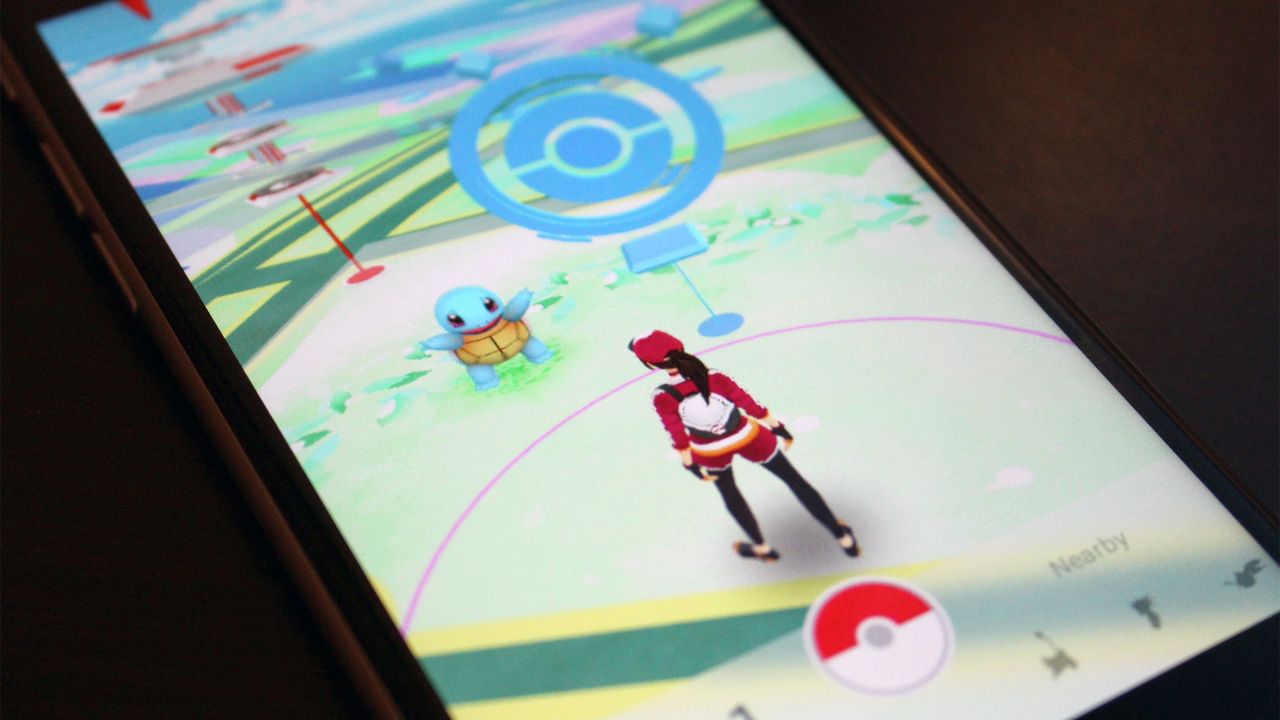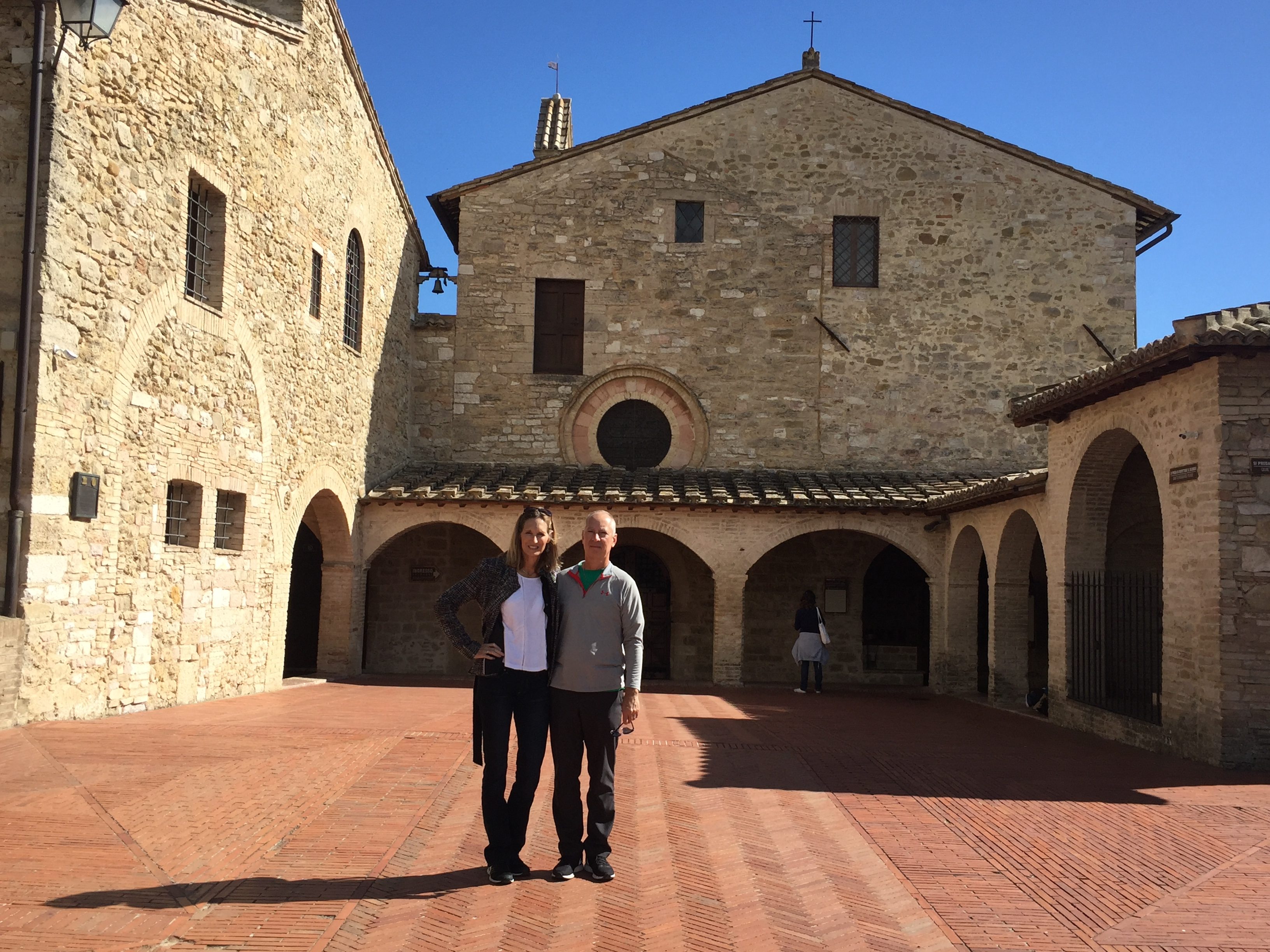I am working on an article about gluttony. Yes, that’s right… that old archaic sin of gluttony. I believe our American culture has evolved into an insatiable instantaneous cult of appetite. Maybe what gave me energy for this was the Super Bowl Doritos ad that promised fresh Doritos in ten minutes by drone. Or maybe it was the Simon Sinek “millennial question” YouTube where he suggests many of us are addicted to social media – and he thinks it is not healthy. Sinek states that checking your email on your smartphone before a meeting at work is a dysfunctional interpersonal habit or addiction – “That’s not how people build relationships,” he says (my paraphrase).
But I made this connection between social media and gluttony a long time ago when I was reading fourth century desert father, Evagrius Ponticus, The Praktikos. Evagrius is the one who said the hermit or monk is challenged by “eight bad thoughts:” gluttony, impurity, avarice, sadness, anger, acedia, vainglory, and pride. He believes gluttony is the source of all other evils.
Evagrius said the monk will give into gluttony because he begins to think short-term, fear and scarcity set in, maybe the fear of illness, fearful memories of other monks who became sick and suffered… the monk begins to question, “Is my strict, simple, ascetic, and basic lifestyle worth it?” Elsewhere Evagrius says gluttony is a demon that tempts the monk. The monk begins to remember both bad things that happened to other monks, and the good life lived by those outside the desert. (That would be people like us today.) Gluttony comes from = a) fear + b) comparison.
I want to broaden our current concept of gluttony to include everything our accelerated “gotta-have-it-now” culture expects – not just Doritos, but also social media. I propose gluttony encompasses our purchases, our news feeds, sexuality, pictures of our vacation and snacks. (Aren’t most of the internet’s mega-storage servers filled with pictures of food?) I’m right there. I just bought toothpaste with Amazon Prime’s “Buy-now-with-1-Click” feature – and I expect my toothpaste to be here in two days.
My studies have introduced me to the Bergen Facebook Addiction Scale. Click here and you can take the test and see if you’re addicted to Facebook – instantly. (Actually, no one is reading this far down – they got derailed back up with Simon Sinek’s videos – that’s how the internet distracts.) Psychology researchers have validated Facebook as capable of addiction, along with pathological gambling addiction, video-gaming addiction, exercise addiction, mobile-phone addiction, online sex addiction, shopping addiction, workaholics and Internet addiction (Andreassen, “Development of a Facebook Addiction Scale,” Psychological Reports, 110, no. 2, (April 2012), 501-517). I still love Betty White’s quip: “When I was young we didn’t have Facebook, we had Phonebook. But I wouldn’t spend all afternoon on it.” If you check your cell phone before going to bed and before getting out of bed, you may be addicted. If you charge your phone by your bedside you may be addicted (Sinek says you should buy an $8 alarm clock). If you set your phone on the table at a restaurant when you’re out with friends (on a date??), then you may be addicted. According to the research, the downside of Facebook addiction is a loss of time, sleep, conscientiousness, procrastination, neuroticism, creativity, social support, and social interaction. In general, all addictions will dominate thinking, modify moods, demand more (called ‘tolerance’), creates unpleasant feelings, causes conflict, and depression from relapsing. In short, addiction makes one angry because of shame, guilt, and the sense that one is pitiable and deprived.
In today’s political climate I hear of a lot of anger on Facebook (I don’t check Facebook. My drug is still Minecraft). Anger seems to be the result of a lot of time spent on social media, particularly if it is political. Anger is a legitimate feeling – we feel anger when something is wrong – anger can be caused by feeling one doesn’t get one’s way. We can get angry because we feel the poor are under-resourced and underemployed, or because children are sexually exploited. But we can also become angry because the drive-through line takes too long. My studies have taken me into the area of neuroscience. Anger is a base (reptilian) limbic function. One cannot be compassionate or rational and angry at the same time. It’s brain-impossible (Andrew Newberg and Mark Robert Waldman, How God Changes Your Brain, 2010). So it isn’t surprising that good Christians can lose it on Facebook about righteous biblical issues like slavery and caring for the oppressed.
Even more, how interlaced screens affect the brain isn’t healthy. Staring at computer and smartphone screens diminishes ones capacity for compassion. Interesting. Now we have an entry planet filled with screen-induced irritability. This could explain some of our current political climate. People watch television in bed, read iPads in bed, scan news and social media in bed, and then try to go to sleep when all those devices stimulate the brain. I find Paul’s words ironic at this point, “Be angry but do not sin; do not let the sun go down on your anger, and do not make room for the devil” (Ephesians 4:26-17). Reading social media in bed may make it difficult to get to sleep much less go to sleep and not be angry! Remember, Evagrius called anger and gluttony two of the eight “demons.” Teasing demons before bed is not wise.
What can be done about this? My interest is always spiritual transformation. We have been trained and habituated to believe we can have it all, and have it now. Spiritual wisdom says this is not the way we shape souls who love God and others. Gluttony destroys our capacity for love. But restraint shapes the soul.
Here are several spiritual disciplines for developing love-focused lives. The immediate spiritual practice for gluttony is fasting. Scot McKnight’s book, Fasting (2009) is an excellent comprehensive look at fasting. Almost any type of restraint-fasting is healthy for the soul (McKnight draws the distinction between abstinence and fasting). I say this because I just do not hear about anyone fasting in our culture. I hear a lot about health, diet, and foodies. But not restraint. The quick suggested biblical fast is to not eat after dinner on Tuesday until dinner on Wednesday. Just drink water. See McKnight for all the rationale and cautions. What if we did the same for social media? Sinek says when he goes out with friends they only take one cell phone in case of emergency. Fast from Facebook. Take a Sabbath’s rest from social media. Do not place your cell phone on the dinner table or restaurant table.
Another spiritual discipline for combating gluttony is writing in a notebook (called hupomnemata in Greek). We may call this journaling. This idea goes way back to the Greek philosopher Seneca, and the original desert father, Anthony the Great (For more on Seneca’s thoughts reference Michel Foucault, “Self-Writing”). Foucault called this type of writing “soul-shaping.” Anthony called it “self-examination.” Anthony suggested to younger monks that they write down their temptations and thoughts about God as though another monk was going to read what they wrote (Athanasius, Life of Anthony, section 55). Anthony believes if one knows that another will exam their life, then they will behave better. I propose we journal in just such a fashion. I think I always write in my journal as though it would be published someday (delusional I know, but it’s working for me). Maybe I should write as though someone would read it the next morning.
On an interesting side note, Seneca points out that reading too many books leads to “stultitia” (Greek). Stultitia is defined as “mental agitation, distraction, change of opinions and wishes.” Foucault states Seneca believed stultitia points too much toward the future, makes life a novelty, and prevents one from living “at a fixed point” in relationship to truth. I don’t know about you, but this stultitia sounds like ancient Greeks on Facebook and social media. Try fasting from social media and instead journal. Truly famous people journaled. The rest of us blog.
I do not condemn social media. It is a communication and knowledge tool. But it has some pitfalls. Addiction and “brain-anger” being two serious consequences. Social media is a terrible political communication platform. It is just ineffective. It is about as effective as vanity plates on cars. I wonder if we cannot begin to take fasting more serious as a church. Restraint makes for healthy and powerful souls. Self-examination makes for thoughtful Christians and hopefully good responsible Christian citizens.
in the future I will continue to glean insights from the desert tradition. This is my area of expertise. The first Christians must be our mentors – even regarding social media.










